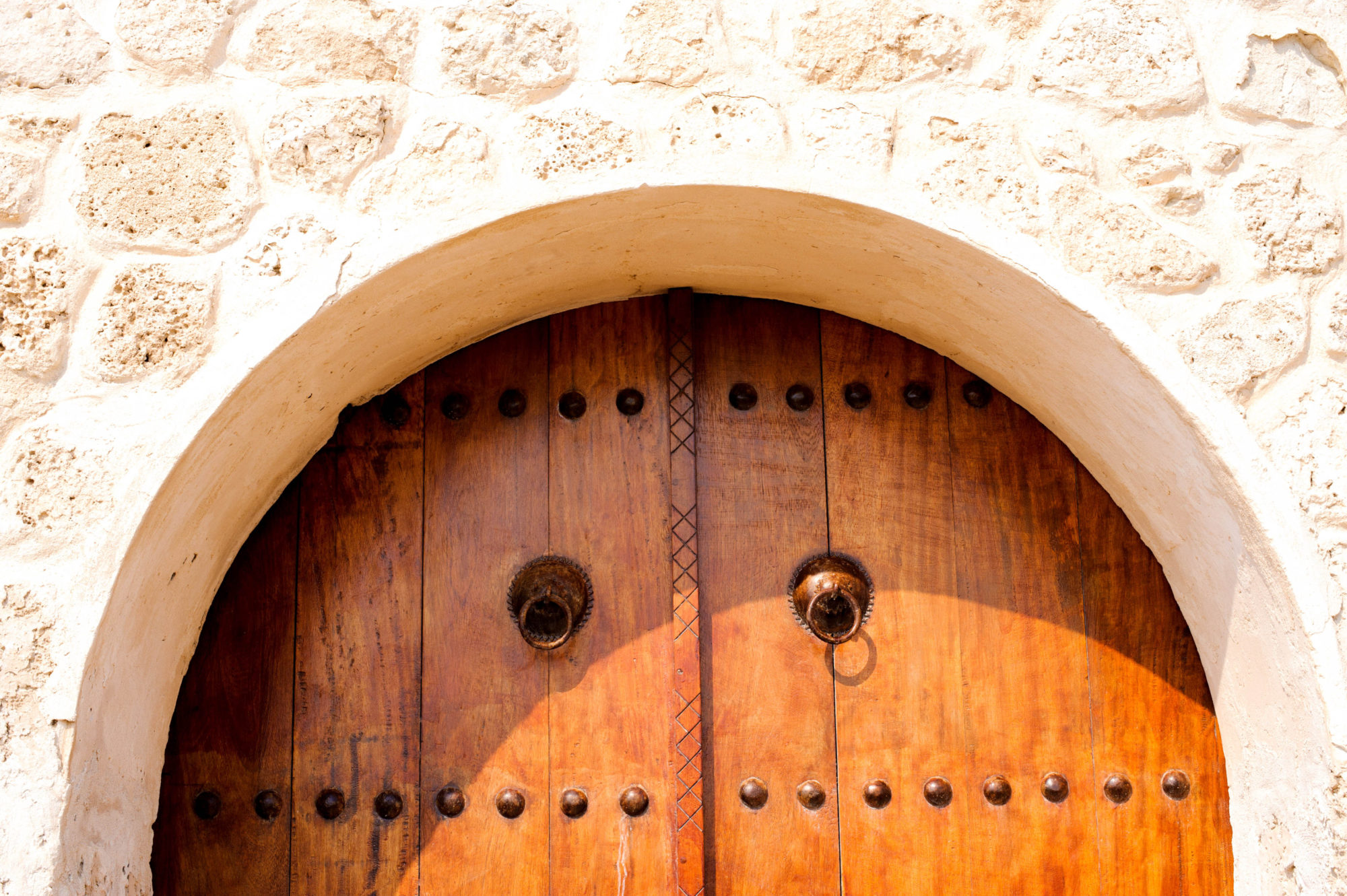
From time to time I receive a postcard in the mail boasting the headline, “Choose Your Neighbor!” It’s from a local realtor sending listings of houses for sale on my cul-de-sac or elsewhere in my neighborhood. The idea is for me to tell my circle of friends and acquaintances about the available houses, thus allowing me to choose my neighbor.
Through many years of moving around the country and overseas, my family has been blessed with incredible neighbors. There was one family, in particular, that we really enjoyed. Our daughters were nearly the same age, and they were in and out of each others’ houses all the time.
We also struck up a wonderful friendship with their parents, celebrating the holidays together and cooking out on the weekends. Sometimes, we even had water balloon battles with the kids. In fact, the water battles escalated to the point that we never knew what might happen when we answered the door or came around the corner of the house.
“The fact that we don’t choose our neighbors doesn’t mean we shouldn’t be good neighbors.”
We might be met with an invitation for coffee and taste-test of the latest kitchen creation, or to just hang out. But many times we were greeted with water balloons, a giant water cannon, or a bucket of water. Of course, we reciprocated. What fun we had, and those were great days, until our neighbors moved away.
We Don’t Choose Our Neighbors
Having great neighbors is an amazing joy. But most of us don’t really get to choose our neighbors. We may sometimes wish we could, but for most of us, that’s not an option. The fact that we don’t choose our neighbors doesn’t mean we shouldn’t be good neighbors. Ignoring our neighbors simply because we didn’t choose them is not a viable option.
Luke 10 contains a story about being a good neighbor—the story of the good Samaritan. After Jesus affirmed that he was to “love the Lord your God with all your heart, and with all your soul, and with all your strength, and with all your mind; and your neighbor as yourself,” the lawyer in the story, wishing to justify himself, asked Jesus, “Who is my neighbor?” (Luke 10:22, 29b ESV).
After reading the story, we are also left with a few questions. Did the lawyer really not know who his neighbor was. Did he really want to know if it was okay to be a good neighbor to some and ignore others? Or did he want to know if people who were not like him were the people Jesus was talking about?
Through the story of the man who was robbed, beaten, and left for dead, Jesus taught his followers not to respond like the priest and Levite, who both passed quickly by, crossing to the other side of the road to avoid the dying man. It was the Samaritan, the enemy of the Jews, who was filled with compassion and went out of his way to make sure the man was cared for. He even paid for the man’s care at a nearby inn from his own wallet.
We Choose What Kind of Neighbors We Will Be
Jesus challenged the lawyer’s idea of “neighbor,” including how he or she should be treated. This same parable challenges our modern idea of who our neighbors are and how they should be treated. Reality is that we don’t always choose who our neighbors are, but we do choose what kind of neighbors we will be.
“We don’t always choose who our neighbors are, but we do choose what kind of neighbors we will be.”
Perhaps you might honestly say that you would not have chosen the neighbors that you have. In fact, they may even challenge a prejudice or political view you hold. Even so, Jesus’s very clear teaching on how you should treat them holds true.
The Scriptures speak clearly in regards to how we are to treat the foreigner among us. Leviticus 19:34 (NASB) tells us, “The stranger who resides with you shall be to you as the native among you, and you shall love him as yourself, for you were aliens in the land of Egypt; I am the Lord your God.” God loves the foreigners and sojourners, and he provides for them, often through his people. As Christ-followers, we can do no less.
The question is simple: “Who is my neighbor?” How you answer determines how you will respond to the current refugee crisis—the new neighbors coming to your city and cities around the world to which God may be calling you. We must not ignore the refugee in need, such as the religious people did to the man who had been robbed and left for dead. This is a “Samaritan” moment for us. Jesus told the lawyer, “Go and do likewise” (Luke 10:37). We should do the same.
This article is an adaptation of the article originally posted here. It is used with permission. For more information on how you can serve refugees, explore our project finder, our trip finder, and Baptist Global Response’s work among refugees. Also, see this infographic research on the Syrian refugee crisis and this encouragement from IMB President, David Platt on a biblical response to the crisis.

